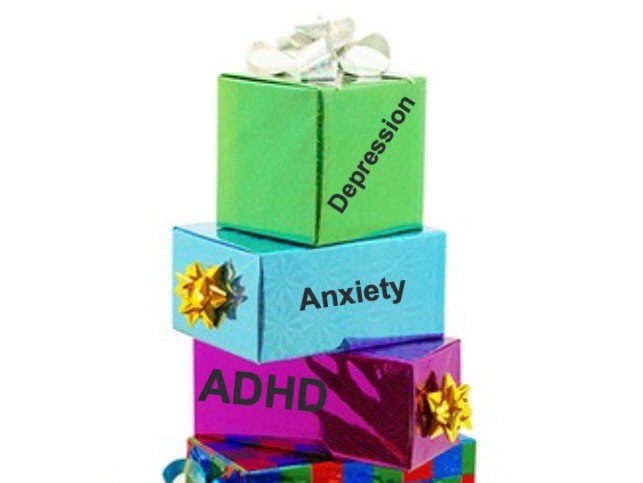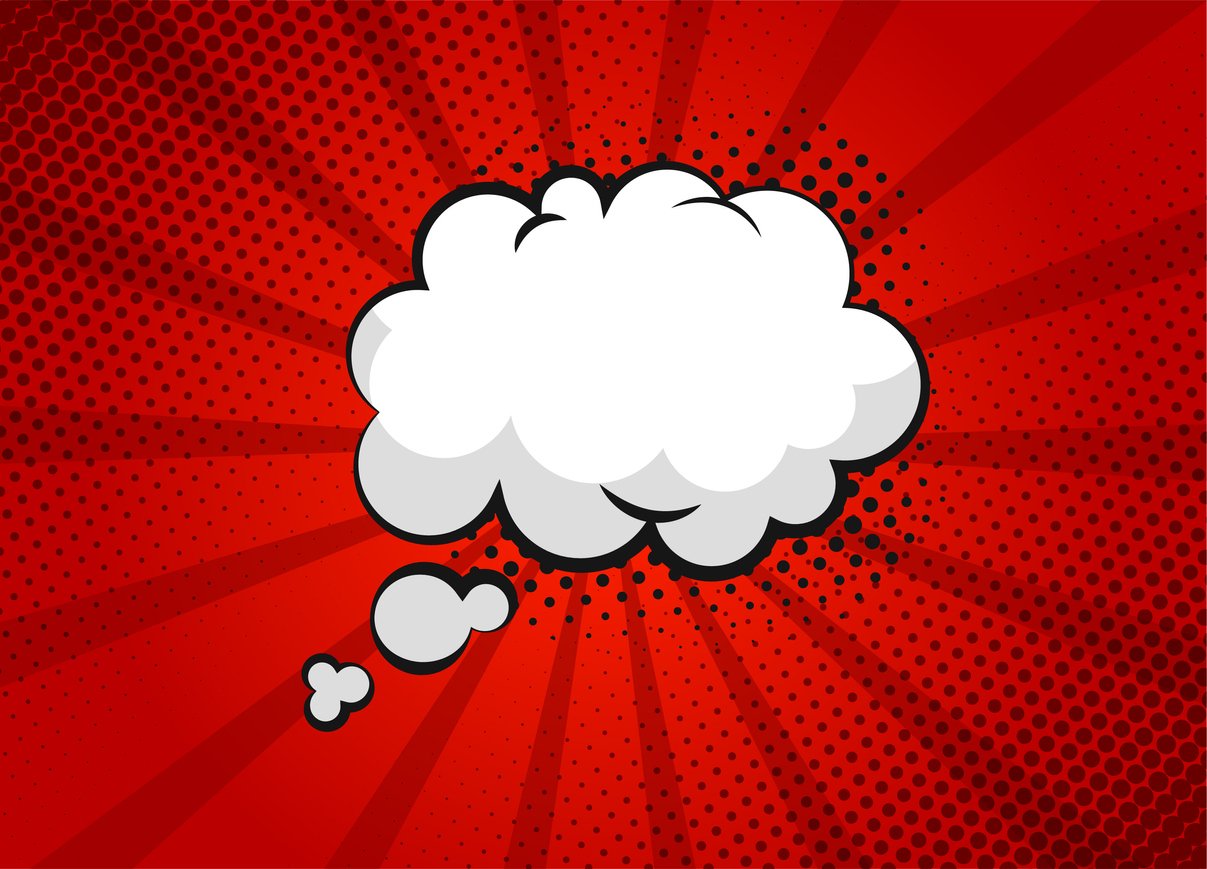EFT Couples Counseling: Beyond Communication Skills
Couples counseling: many people could benefit from from it, a lot of people absolutely need it, some people will pursue it, and very few will tell anyone else about it.
It’s quite possible that you know one or more people who have seen a couples counselor, but it’s unlikely that they have told you about this. The stigma that surrounds relationship problems and couples counseling leaves most couples feeling like they should be able to solve relationship issues on their own. However, finding a good couples counselor can make a huge difference in helping partners understand and appreciate each other.
Mental Health Issues Are Not Gifts Or Superpowers
It certainly doesn’t feel “gifty” or super to be depressed, or to be anxious, or to have immense trouble focusing one’s attention, or to obsess about keeping your house extremely clean and organized.
Framing mental health problems as gifts seems to overshadow the significant challenges that they pose to one's daily life and general happiness. It brings to mind those (unintentionally) dismissive comments people will make about being “so OCD” because they like a tidy, organized office or kitchen—as though OCD is simply this wonderful ability to organize things.
Or the comment that “everyone is ADHD sometimes,” when they’re having trouble concentrating for a short period of time—as though ADHD is just this mildly-inconvenient attention problem that pops up every once in a while.
Or the person who says they’re “depressed” because their favorite show isn’t on today, or because their local sports team lost the recent game—as though depression is the same thing as being mildly disappointed or temporarily sad about a minor setback.
Treatment That Works: 3 Concepts That Can Help You Decrease The Effects Of Anxiety & Depression
Note that the anxious and depressing thoughts are very convincing, though — these thoughts can feel as real as actual intuition feels. Unwarranted anxious thoughts can feel exactly the same as life-saving intuition -- that legitimate, instinctive urge you get that tells you to remove yourself from a situation that is actually dangerous.
Unwarranted depressing thoughts may try to convince you that the world is a hellish place, that nobody likes you, that non-depressed people just don’t see the world as realistically as you do. Most of all, depressing thoughts convince you that you’ll always feel this way, that your condition will never improve. And just like anxious thoughts, depressive thoughts feel 100% real -- like there’s no doubt in your mind that this is "the way life is" -- like you’re seeing the ugly truth that other people just refuse to acknowledge.
Racism In US: a white guy’s message to white people
We’ve all heard the occasional, probably-actually-racist opinion or joke rattled off by a coworker, friend, family member, or neighbor (Hint: it usually starts with, “I’m not racist, but…”). It’s possible we’ve even said these types of things ourselves without really thinking about it.
Nobody wants to think of themselves as racist, because this term conjures up images of people in white hoods who are intentionally pushing for white people to have more power than anyone else, with the notion that white people are somehow “superior.” I know that’s not me, and I’m guessing it’s not you, either.
However, we need to recognize that racism isn’t simply an all-or-nothing topic. It’s not as simple as “you’re either racist or you’re not.” People can have different degrees of awareness as to how their words and actions may affect people of other races. Therefore, racist actions and words can range from the blatant—such as a violent attack against someone because of their race—all the way to some less-obvious and unintentional forms of racism—like using a word or old saying that you didn’t realize has racist origins.
Both are examples of racism, but one is intentionally harmful, while the other does not intend any harm. At the same time, many of these unintentionally harmful words and actions do continue to perpetuate a climate of subtle hostility, ignorance, and disrespect towards people of other races—even if we didn’t realize it and didn’t mean to do this.




